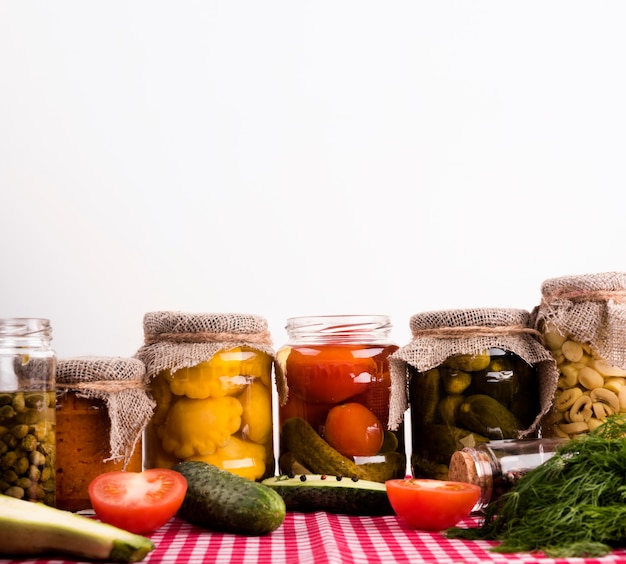
Fermented foods like sauerkraut, kimchi, and kefir are becoming increasingly popular. Can incorporating these foods into your diet actually improve your health? Editor Anna Magee takes a closer look.
Thirteen years ago, Donna Schwenk was 41 and pregnant with her third child when she developed preeclampsia. Her condition worsened, leading to an emergency C-section where her baby, Holli, was delivered nearly seven and a half weeks early, weighing only four pounds.
Following childbirth, Schwenk encountered severe health issues, including diabetes, high blood pressure, and extreme fatigue, making it difficult for her to care for her newborn. Desperate for a solution, she began exploring ways to improve her health.
In a health food store, Schwenk discovered a book about kefir, a fermented milk drink rich in probiotics. Intrigued and seeking improvement, she began adding kefir to Holli’s bottles. Within a month, Holli gained four pounds. Schwenk also started consuming kefir, and within 12 weeks, her blood sugar and blood pressure normalized. She felt healthier and more energetic than she had in years.
Schwenk, who later authored “Cultured Food for Life,” believes the profound health improvements she and Holli experienced were due to the beneficial effects of fermented foods on the gut. Emerging research supports that these foods not only aid digestion but also enhance immunity, weight management, and mood.
In the U.S., Schwenk’s story is featured in a PBS special called “Health Breakthroughs,” which explores the health benefits of consuming fermented foods like kefir, yogurt, and fermented vegetables. The New York Times has also highlighted fermented foods as a significant food trend for the future.
Other advocates like Michael Pollan and nutritionist Kimberly Snyder emphasize the advantages of fermented foods. Snyder recommends daily consumption of fermented vegetables, citing benefits such as weight loss, improved skin, and increased energy.
The gut is increasingly recognized as crucial for overall health. Clinical nutritionist Kathie Swift notes that gut health is fundamental, affecting digestion, vitamin absorption, and even mood regulation. Studies have shown that altering gut bacteria can impact weight and mental health.
There are about 100 trillion bacteria in the human gut, and a balanced ratio of good to bad bacteria is essential. Unfortunately, factors like diet, stress, and medications can disrupt this balance. O’Shaughnessy, a nutritional therapist, states that an imbalance in gut bacteria can lead to various health issues, from food intolerances to chronic fatigue and skin disorders.
While taking store-bought probiotic drinks might seem convenient, O’Shaughnessy warns that these often contain high sugar levels and transient bacteria that do not permanently colonize the gut. Instead, eating a variety of fermented foods provides a range of beneficial bacteria strains necessary for optimal health.
For instance, kefir contains different bacteria than sauerkraut or kombucha. A diverse intake of fermented foods ensures a wide spectrum of good bacteria. Probiotic pills can contain billions of bacteria, but fermented foods often provide trillions. It’s also worth noting that some probiotic pills might contain undesirable bacteria.
Fermenting foods is an ancient practice found in cultures worldwide. It is believed that including fermented foods in your diet helps with digestion and nutrient absorption due to their high natural acid content. Countries like Japan, where fermented foods are a staple, often have higher life expectancies.
However, it’s essential to consume fermented foods in moderation. Starting with small amounts and gradually increasing intake can prevent discomfort like abdominal pain or gas. Look for products with raw, live cultures on the label, and consider making your own fermented foods at home.
In conclusion, incorporating a variety of fermented foods into your diet can significantly benefit your gut health and overall well-being. Start small, choose diverse sources, and complement them with prebiotic foods to support your gut flora.




